- Thursday, 19 February 2026
Cost Of Instability
Political instability results from frequent changes of government and its structures, either in a constitutional or unconstitutional way. On the other hand, economic growth is defined as the measure which reveals the number of monetary transactions happening within the economy of a country.
Generally, quantitative measures of GDP and GNP reflect the economic growth of a country. In this sense, economy and politics of a country are extremely interrelated to each other. Political stability and economic growth work in tandem with each other. The relationship between political stability and economic growth has always remained the core of policy- making in almost every country.
Most remarkably, for a country like Nepal, stable government is a key factor for the prosperity. However, developing countries face instability in political systems and untimely overthrow of the government. Unstable government can't maintain law and order in the country. As developing countries have low level national income and low per capita income, their probability of falling prey to political crises increases significantly. So, it is a fact that the meagre economic growth of a country leads to political chaos.
No one can deny the impact of political crises on economic activities and slackening economic progress. Thus, social scientists and political parties have termed the relationship between political stability and economy as a two way traffic. Moreover, unstable government and economic investments are also negatively related. This negative relation escalates unemployment and lessens productivity.
Nepal's political landscape has been shaped by a history of 104 years of Rana rule, 30 years of Panchayat regime, the 1990 political change, 10 years of Maoist insurgency and establishment of federal democratic republic. Even after the restoration of democracy and Loktantra, general strike and so called 'Nepal Banda' announced by different political parties and interest groups then, have had a profound impacts on the country's economic development. Since 2046 B.S., Nepal has experienced fluctuating periods of democracy which has led to inconsistent policy implementation and frequent economic disruptions.
One of the most significant impact of political instability or unstable government is on implementing budget. Budget, which encompasses government spending and tax collection, is crucial for managing economic growth, controlling inflation, reducing poverty and creating employment opportunities, and above all, inflaming hope among the citizen. Only stable government can implement budget effectively to stimulate economic growth, by creating favourable conditions for investment and consumption.
However, in countries like Nepal, where political instability is chronic, government's fiscal policy tends to be impacted by the political instability instead of fueling economic growth. This tendency ultimately creates mounting pressure on the government to meet the needs of the people.
Unstable government has also directly affected Nepal's ability to attract foreign and domestic investment. Investors typically seek stable government and predictability in the countries where they invest without any confusion. In Nepal, however, frequent changes in government has led to policy reversals. This has discouraged prospective investors, both foreign direct investment (FDI) and domestic investment (DI).



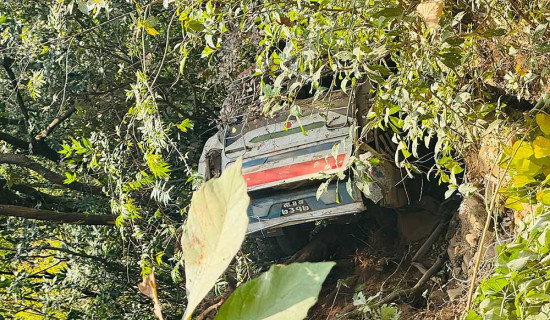
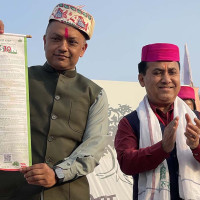
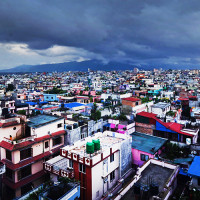
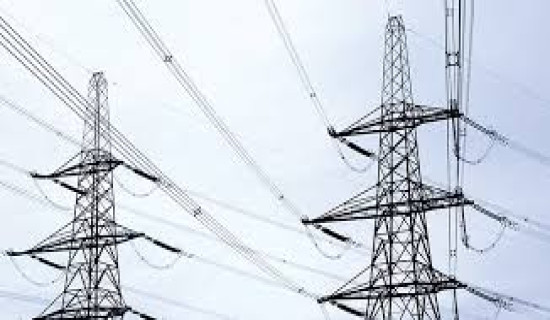

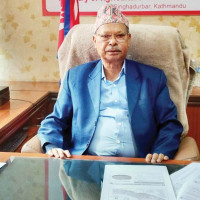
-original-thumb.jpg)






